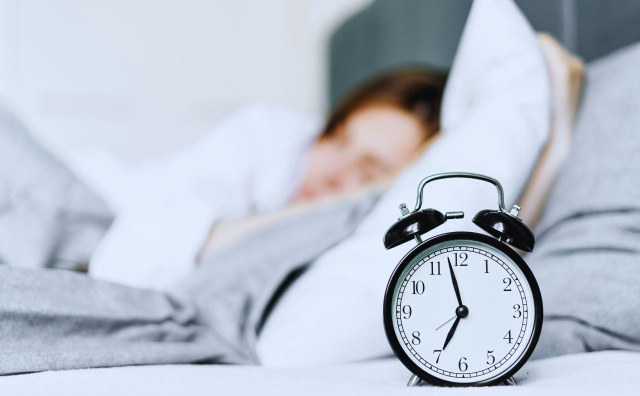Copyright novinite

Every October, as clocks are turned back one hour, many people welcome what they see as an “extra hour of sleep.” Yet experts warn that even this small adjustment affects our internal balance, influencing sleep, mood, and overall health. While the autumn change is less disruptive than the one in spring, it still interferes with the body’s circadian rhythm—the natural 24-hour cycle that regulates sleep, alertness, hormones, and emotions. How does the circadian rhythm work? Professor Timo Partonen, psychiatrist at the University of Helsinki, explains that every cell in the body has its own circadian clock, but all are guided by a master clock located in the brain. This clock aligns itself with light and darkness through signals received from the eyes, adjusting to sunrise and sunset. According to Partonen, how well this system functions directly affects the quality of our sleep and our emotional stability. What is daylight saving time and why do we change the clocks? Daylight saving time involves moving the clocks forward in spring and back in autumn to make better use of daylight. It is observed across most of Europe, North America, and parts of Africa and Asia. This year, the change will occur on Sunday, October 26. Although many people appreciate the feeling of gaining an hour, scientists note that the body’s internal rhythm does not adjust immediately. Some individuals adapt quickly, while others experience irritability or disrupted sleep patterns. Chronobiologist Professor Malcolm von Schantz from Northumbria University says that, although the autumn change is gentler, people often complain that evenings become noticeably darker. “There simply isn’t enough daylight at this time of year to keep both mornings and evenings bright,” von Schantz explains. “What we often forget is that morning light plays a much more significant role in maintaining healthy biological rhythms.” Partonen agrees that the fall adjustment is easier because it effectively lengthens the day, giving the body more time to adapt. Still, he warns that the additional hour can be misused. “Many people stay up later instead of resting, which leads to accumulated sleep debt,” he notes. How does the time change affect health? The springtime shift, when an hour of sleep is lost, has been linked to spikes in road accidents, exhaustion, and even heart attacks. The American Heart Foundation has recorded a 24% increase in heart attacks the day after clocks move forward. The autumn transition brings its own challenges. A 2025 study by Liverpool John Moores University and the University of Oxford found that women reported higher levels of anxiety and confusion after the change, while families with children faced difficulties maintaining bedtime routines. Long-term research suggests that frequent disruptions of biological rhythms can contribute to more serious health issues. Stanford University researchers linked repeated clock changes to an increased risk of obesity and stroke. According to modeling studies, maintaining a constant standard time could prevent hundreds of thousands of strokes and millions of obesity cases annually in the United States alone. How to protect your sleep Experts emphasize that maintaining a consistent sleep schedule is key to overall health. “The body can tolerate some irregularity, but long-term fluctuations are harmful,” says von Schantz. He warns against what he calls “social jet lag”—the habit of sleeping in on weekends after early weekday mornings. “It’s like flying to another time zone every Friday and coming back on Monday,” he explains. A study published in the Journal of Epidemiology & Community Health supports this, showing that people with inconsistent sleep patterns face a 26% higher risk of cardiovascular disease—even if they sleep enough hours overall. Should the time changes continue? Many sleep experts and health organizations argue that the practice of changing clocks twice a year should end. The British Sleep Society and other scientific bodies recommend adopting permanent standard time, which aligns more closely with natural light cycles. The European Union proposed abolishing seasonal changes in 2018, and the European Parliament approved the plan the following year. However, member states have yet to agree on whether to keep permanent summer or standard time, so the system remains in place. For now, experts offer one simple piece of advice: use the extra hour wisely. “Go to bed early enough,” urges Dr. Partonen. “If the change happens on Saturday night, don’t stay up later than usual. Treat that hour as a gift for your body—it’s a chance to rest, not another reason to lose sleep.”



